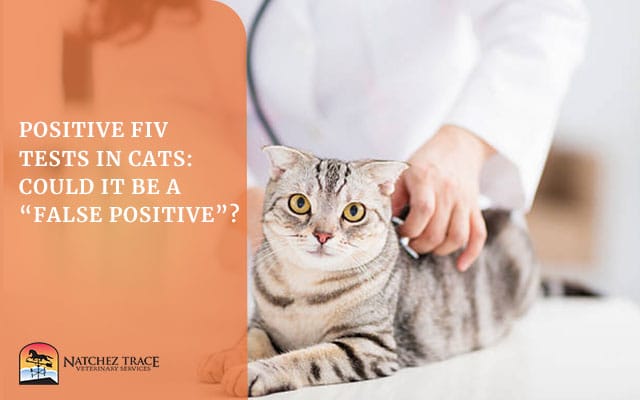Understanding Positive FIV Tests
Positive FIV test results are a fairly common occurrence. Stray cats, old cats, and even kittens oftentimes test positive for FIV.
Let’s say you bring a stray kitty into your veterinarian’s office. The veterinarian, like a vet should, suggests a FeLV/FIV test. Two days later, the test comes back positive for FIV.
You, as an owner, need to know how to handle this scenario.
The ELISA Test
The first test we run is called an ELISA test. This test tests specifically for parts of the virus floating around in the blood called antigens.
The main issue and problem with this test is the fact that the test will sometimes reveal what we call “false positives”.
In other words, the antigen which causes the test to be positive may not be the actual FIV antigen.
Other antigens that can cause a positive test and not be a true positive are:
- Vaccine-induced antigens and
- Antigens passed through the milk from mother cat to kitten
But, this still doesn’t answer the question… How do we handle a positive FIV cat knowing that the FIV test will sometimes have “false positives”?
Handling False Positives
Unfortunately, we need to run another test. This test is a specialized test called a PCR (Polymerase Chain Reaction) Test.
This test is more specific and will truly identify those cats under most conditions who are truly positive for FIV. This test searches out and identifies the specific DNA viral particles of FIV. If no DNA viral particles are present, then the test will be negative. This test, again, is very specific for FIV. If the PCR FIV test comes back negative, then your kitty most likely does not have FIV and the ELISA test mentioned prior would be termed as a “false positive” and the cat does not have FIV.
As all tests are not 100% accurate 100% of the time, I recommend re-running the PCR 9 months after the original negative result to confirm the cat is actually negative.
We don’t run the PCR on all cats because this test is more specialized, more costly, and the turnaround time is 5-7 days. We have found it more cost-effective for our clients to utilize the screening tests on all cats and the PCR only when needed.
Powerful Tools for Boosting Your Cat’s Immune System
There are many quick and easy changes you can make at home to help boost your cat’s immune system.
- Learn more about immune boosters.
- Feed an energetically appropriate diet. Feeding your cat energetically appropriate foods naturally brings about balance and health. Learn more on PET | TAO’s recipe page.
- Boost your cat’s immune system with medicinal mushrooms. PET | TAO Complement Immune Mushroom Blend blends together the most powerful immune-boosting medicinal mushrooms on the market in a single product.
- Boost your cat’s gut health. Studies show good gut health promotes better overall immunity. Digestive enzymes and probiotics are a quick, natural way to boost gut health.
- Learn more about TCVM Herbal Remedies. Chinese medicine offers many amazing natural immune boosters. A good example is:








